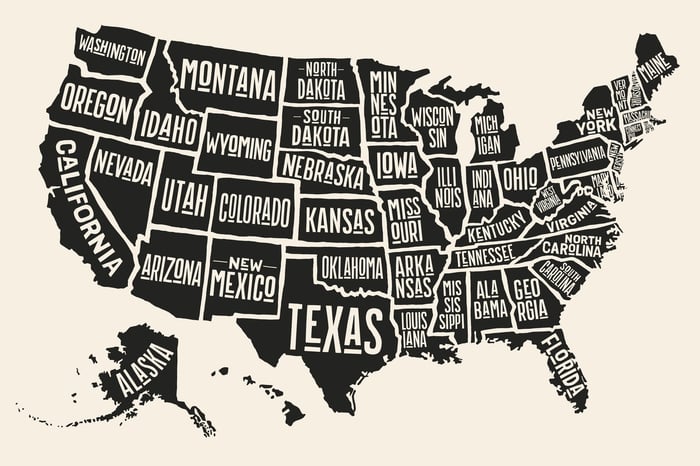
6 Factors to Consider When Handling Claims for Governmental Entities

Many states have certain immunities when it comes to claims submitted against them. These are sovereign or governmental tort immunities. During the claim handling process, it is important to explore these laws on a case-by-case basis. This will help you determine what, if any, defenses your insured or client may be allowed.
These laws date back to Colonial Times when the United States adopted the concept from the former English monarchy. The Latin term is “rex non potest peccare”, which means “the king can do no wrong”.
Handling Claims at the State Level
Sovereign immunity can be applied to the state as well as federal government. This article concentrates on immunities given on the state level. Here are six areas to be considered when handling a claim involving a state entity.
#1 - Entities Protected
There are many public entities that are provided these defenses:
-
States
-
Counties
-
Cities
-
Municipalities
-
Park districts
-
Certain utilities
-
Fire departments
-
Police departments
-
School districts
The protection given to local governmental entities can be different than those given at the state level. Consider Illinois for example, where a plaintiff must prove that the public entity engaged in ‘willful and wanton’ neglect for the entity to be found liable. Other states have similar laws citing gross negligence as the threshold for liability.
Example: If the City of Evanston, Illinois had notice of a pothole that was causing damage to vehicles and they failed to remedy the situation, the city would be liable for any cars damaged due to the pothole. If the city did not know of the pothole, their level of negligence does not meet the definition of willful and wanton, so therefore, a claim for vehicular damage would be denied.
#2 - Jurisdiction

First and most importantly, know your jurisdiction. Not all states have immunities or limitations on claims made against the state. Some states have limited or no immunities. However, the majority of states have laws that prohibit lawsuits from being filed against the state, or the state may not be named as a defendant.
Example: Arkansas’s tort immunity act states, “Arkansas shall never be made a defendant in any of her courts.” This only applies at the state level.
#3 - Statute of Limitations
In many cases, the statute of limitations is shorter for the state. In some cases, it is significantly shorter.
Example: Minnesota has a six-year statute of limitations on both bodily injury and property damage claims. The time limit in which to make a claim against the state is shortened to 180 days!
#4 - Exceptions to Tort Immunities
Some states do have exceptions to this rule of immunity. Many of the exceptions involve claims arising out of the use and operation of a motor vehicle.
Example: In Florida, a clerk working for the state rear-ends another vehicle while conducting state business. The state would be liable for these damages.
#5 - General Defenses
There are a number of states that have more lenient rules regarding sovereign immunity, but still, do not allow claims against them. Many of these types of claims include the general operation of the government, police and fire protection activities, and collecting taxes.
Example: A fire truck from Jackson, Mississippi is driving with its lights and sirens engaged while on the way to extinguish a fire. The fire truck runs a red light and strikes a vehicle in the intersection which had a green light. The City of Jackson would not be liable for the damages.
#6 - Damage Cap and Punitive Damages
Finally, many states have limits on the amount of damages that can be awarded from the state. Additionally, many states will not pay punitive damages.
Example: A city inspector in Las Vegas is on the way to inspect a new construction site. On the way, she ends up running a stop sign and t-bones another vehicle. The medical bills for the elderly plaintiff are $250,000. The maximum award the plaintiff would get in Nevada is $100,000.
Conclusion
When handling claims at the federal, state or local level, sovereign or governmental tort immunities laws should be explored on a case-by-case basis. This will help you determine up front what, if any, defenses your insured or client may be allowed.
It should be no surprise that immunity laws are different from state-to-state. But also keep in mind that protection given to local governmental entities can be different than those given at the state level.
When handling claims at the state level, take into consideration the six areas we discussed in this article. Focusing on these areas will help you determine what, if any, defenses your insured or client may be allowed.


